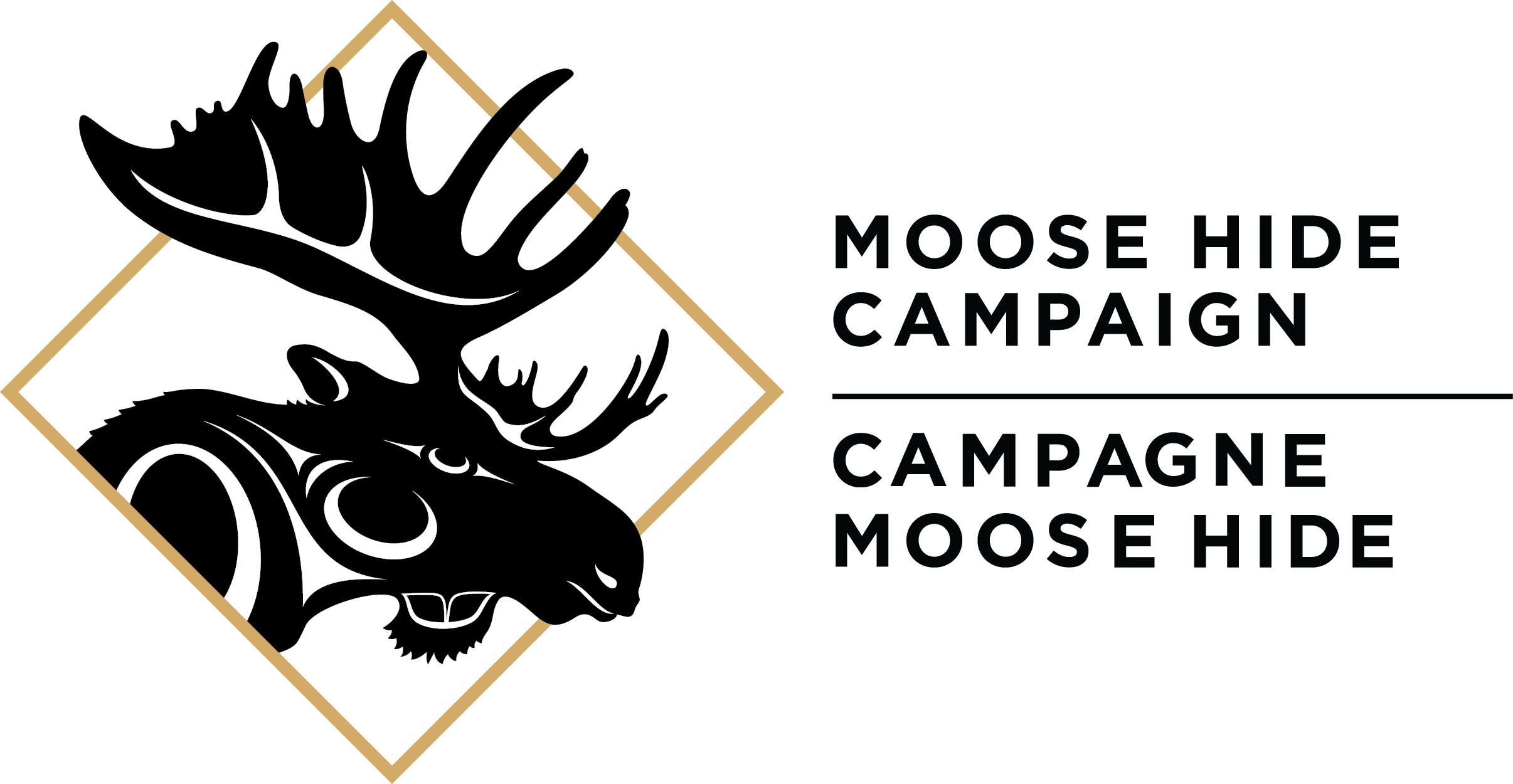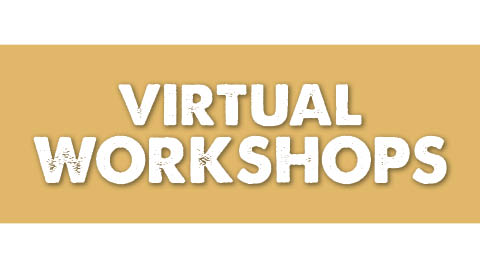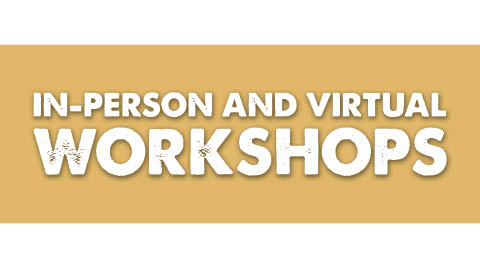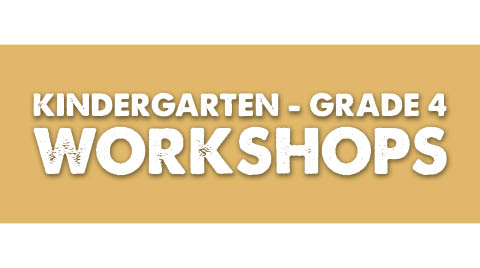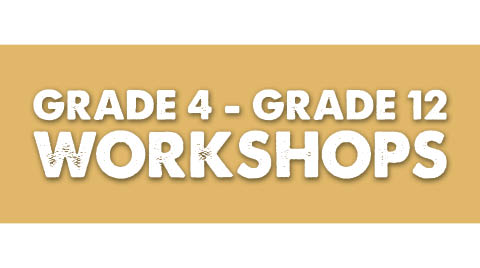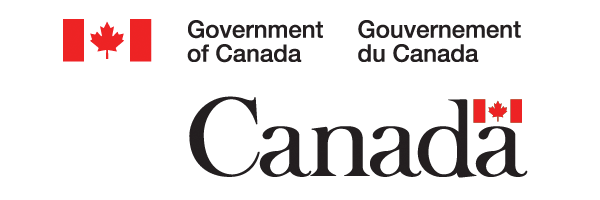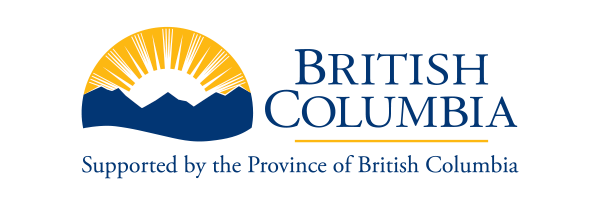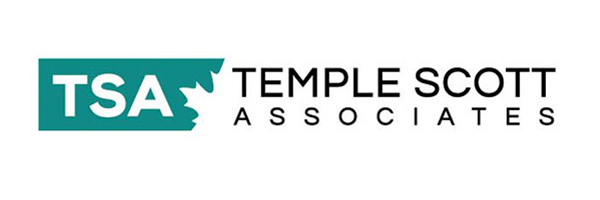Select what workshops you’d like to view!


Kairos Blanket Exercise
Facilitated by Tina Savea
Workshop Description: The Kairos Blanket Exercise is an interactive workshop which takes participants through more than 500 years of shared history as Indigenous and non-Indigenous peoples in Canada. Participants step onto the blankets representing the land, and into the role of First Nations, Inuit and later Métis peoples.
Tina Savea: is Saulteaux/Cree from Peepeekisis Cree Nation on Treaty 4 territory in Saskatchewan. She resides on traditional WSÁNEĆ territory with her husband Niu and their three children. Hilarious & vulnerable, Tina Savea has a unique gift to make you cry one minute and laugh out loud the next. She has a strong desire to see others embrace healing through understanding the true history of her people in Canada. Tina loves facilitating the Kairos Blanket Exercise and is committed to sharing the freedom she has found through forgiveness and personal responsibility. She Shares openly about the pain of losing her father as a result of the residential school system and how finding her voice was the beginning of her healing journey. Tina is passionate about breaking down judgments that destroy relationships and building strong communities where every person is valued and equipped with the leadership skills they need to move forward in life.
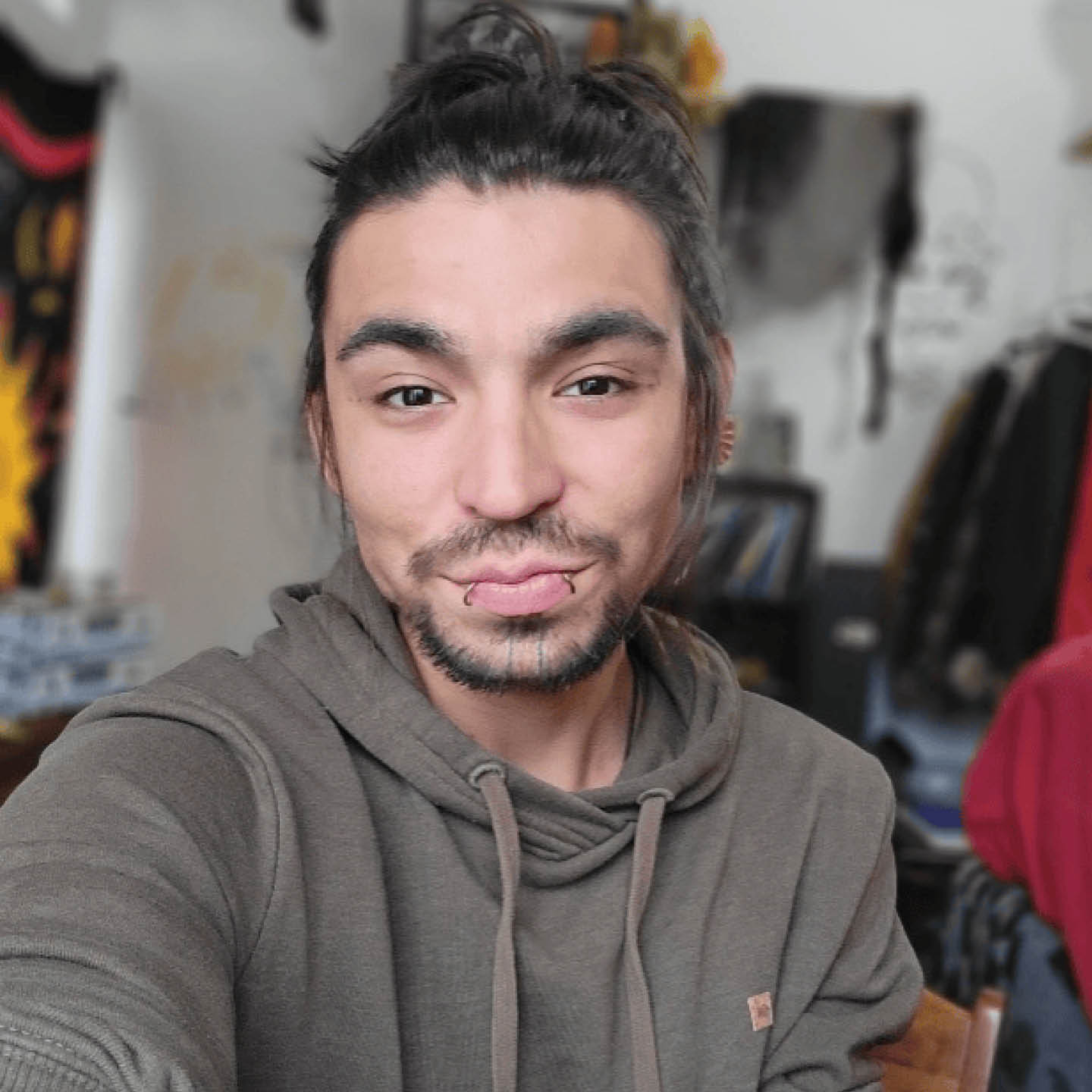
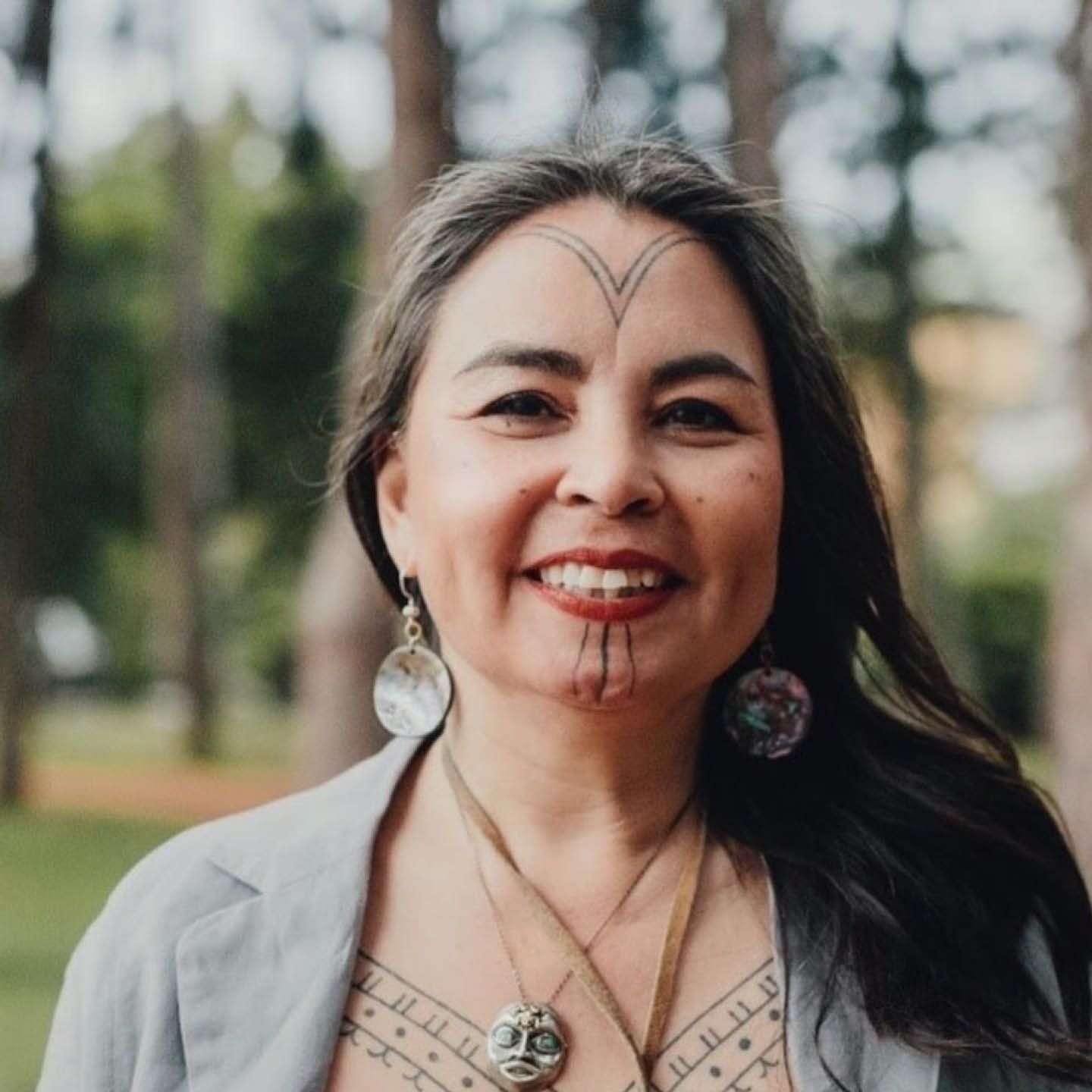
Turning Fear into Power
Facilitated by Wraven Papik & Stephanie Papik
Co-hosted by Stephanie Papik and Wraven Papik. Join for this in person session where we will co-create a learning and sharing space for individual and collective growth. Gaining practical tools to ground, center themselves and lean into the uncomfortableness of doing or saying something when the time arises. This experiential session is designed to meet people where they are at and build on existing skills and knowledge. This session includes a fun ice breaker with some movement including walking. Outcomes for this session include a deepened understanding and connection to our individual and collective journeys.
Wraven Papik: Wraven is a certified life coach currently working as an Outreach Worker for local nations. They are two-spirited 24 year old Inuk and Dene from the NWT currently living on the Unceded Territories of the Lekwungen and SENCOTEN speaking peoples. Their work primarily focuses on holistic maintenance of the self in relationship to the Land, the People, and Spirit.
Stephanie Papik: Of Inuit and European ancestry, Stephanie is a Director at the Moose Hide Campaign, a campaign that calls upon Canadians to take a stand against violence towards women and children and take practical steps for reconciliation. Stephanie has worked in the BC Public Service for the last 17 years; including six years as the Program Lead of the Indigenous Youth Internship Program, winning the Public Sector BC Workplace Inclusion Award during her leadership. In 2017, Stephanie was appointed to the Office of the Premier, where she shaped the Collaborative Stewardship Framework enabling Indigenous knowledge to enhance natural resource decision-making. In 2018, she took on the role of Director for Cultural Safety at Emergency Management BC supporting First Nations response through record-breaking seasons of fires and floods.
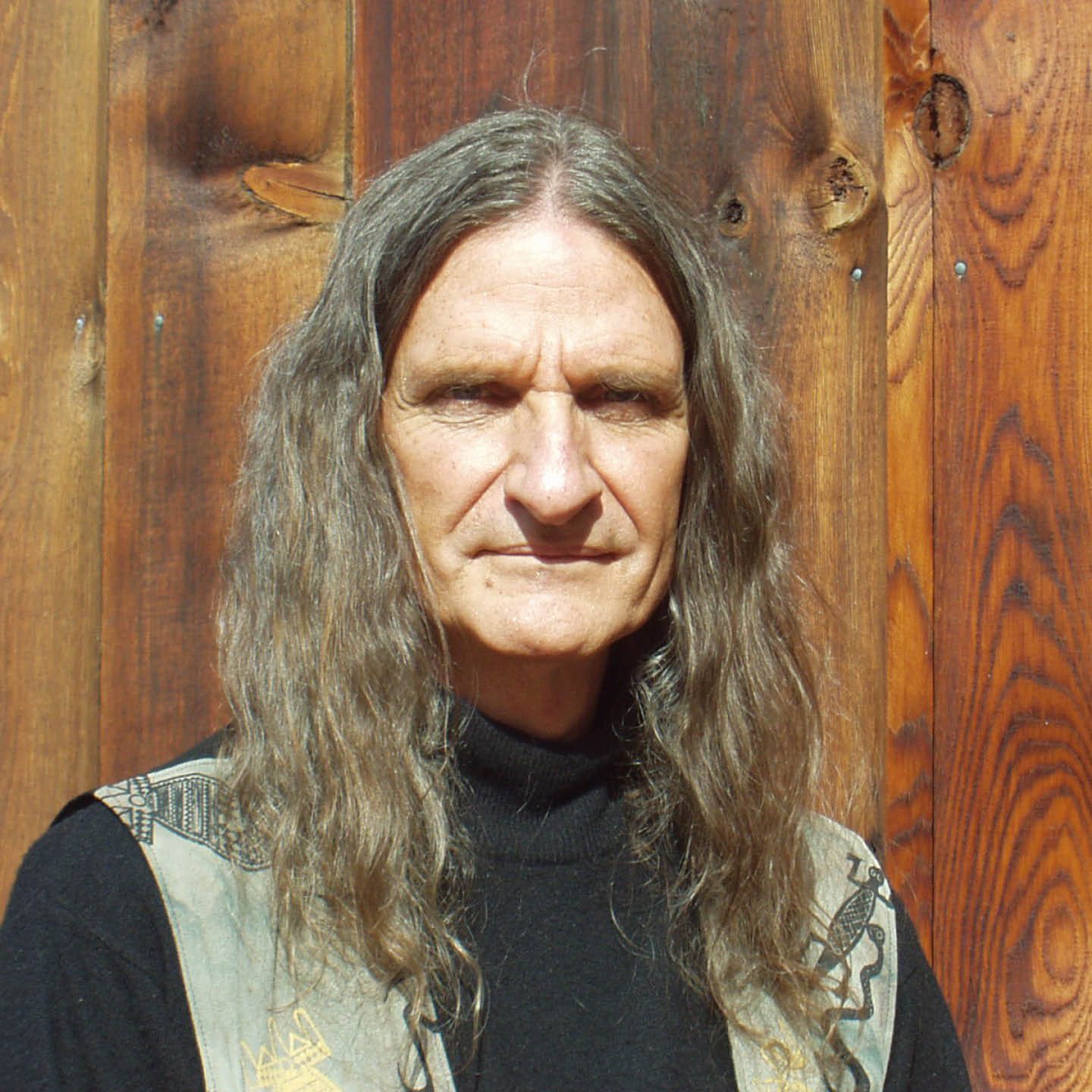
Healthy Relationship? Starting with who?
Facilitated by Duncan Grady
Workshop Description: This workshop will focus on a teaching that starts with the following statement: “It all starts and ends with you, grandson/granddaughter.” How am I in relationship with my being, leading to my doing, leading to my having? What happens when, caught in doing or having, I forget that there is my being, from which the other two could arise, if I start there. How do I return to my being? Indigenous teachings of our Council, blended with the Perennial Tradition, will be used to respond to these questions.
Duncan Grady: is an elder of the Circle of Indigenous Nations Society, West Kootenays, BC. He currently co-leads retreats, works with communities impacted by lateral violence and provides training and
consultation using western and non-western approaches to health, well-being, spirituality,
trauma, dying and death.
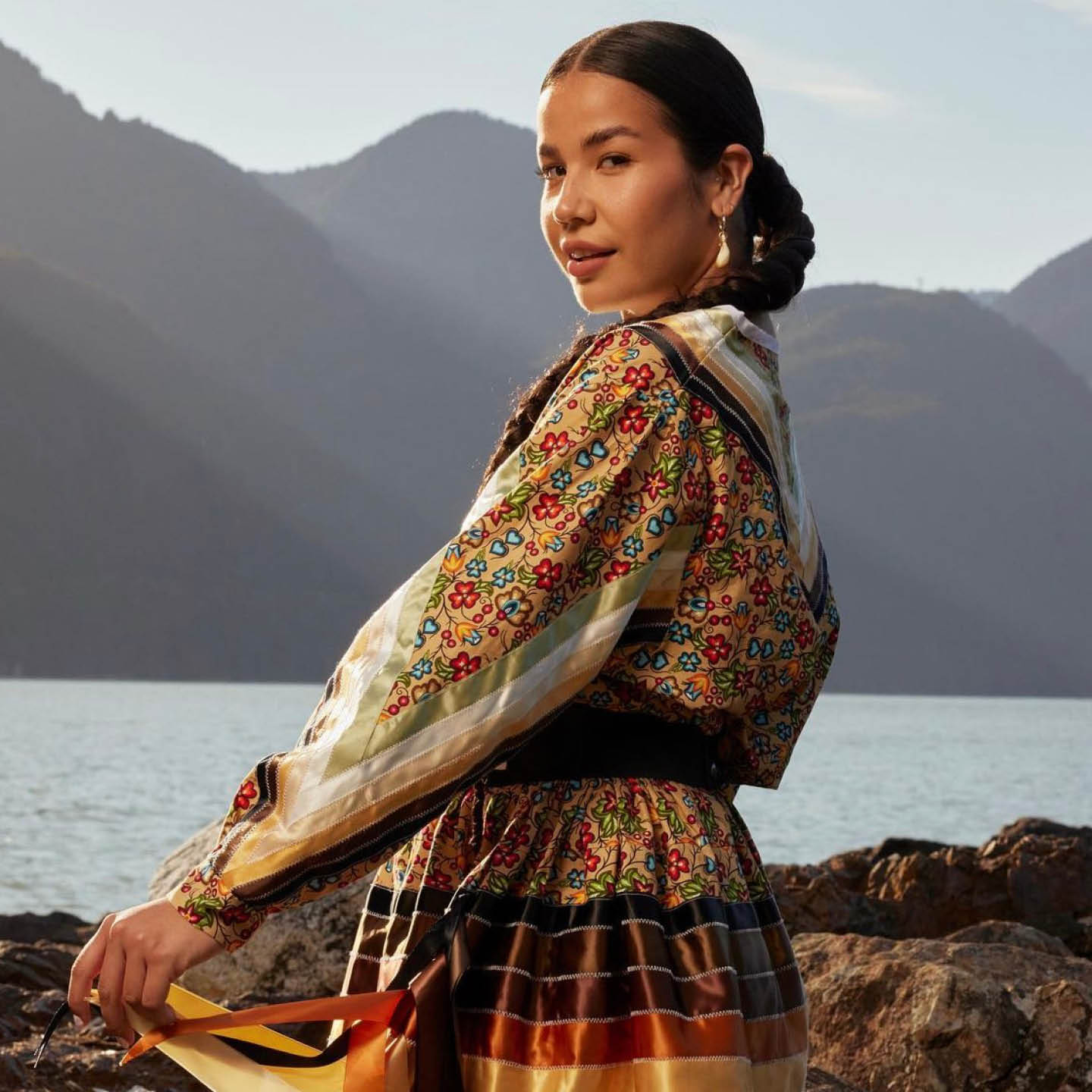
Wahkohtowin: Weaving Generational Wellness
Facilitated by Shayla Stonechild
Workshop Description: Join Shayla Stonechild, founder of the Matriarch Movement, on a transformative journey. We will begin with partnered meditation, an active breathwork session, a medicine wheel-inspired yoga flow, and powerful collective calls to action through a sharing circle. Participants will nurture a deep connection to the land, their story, and our shared responsibility for generational well-being.
Shayla Stonechild: a proud Red River Métis and Nehiyaw iskwew from Muscowpetung First Nations, is a dedicated advocate empowering Indigenous youth and women. She’s hosted “Red Earth Uncovered” on APTN, competed on “The Amazing Race Canada,” and produced “Reclaiming Matriarchy.” As lululemon’s global yoga ambassador and Founder of the “Matriarch Movement,” she leads wellness workshops and retreats, amplifies Indigenous voices through her podcast, and advocates for holistic health on a global scale. Shayla’s achievements include being the first Indigenous person on the cover of “Yoga Journal” and winning a Canadian Screen Award in collaboration with ET Canada. With over 40 brand collaborations, she’s recognized as a cultural trailblazer, making a profound impact on Indigenous rights and life promotion.
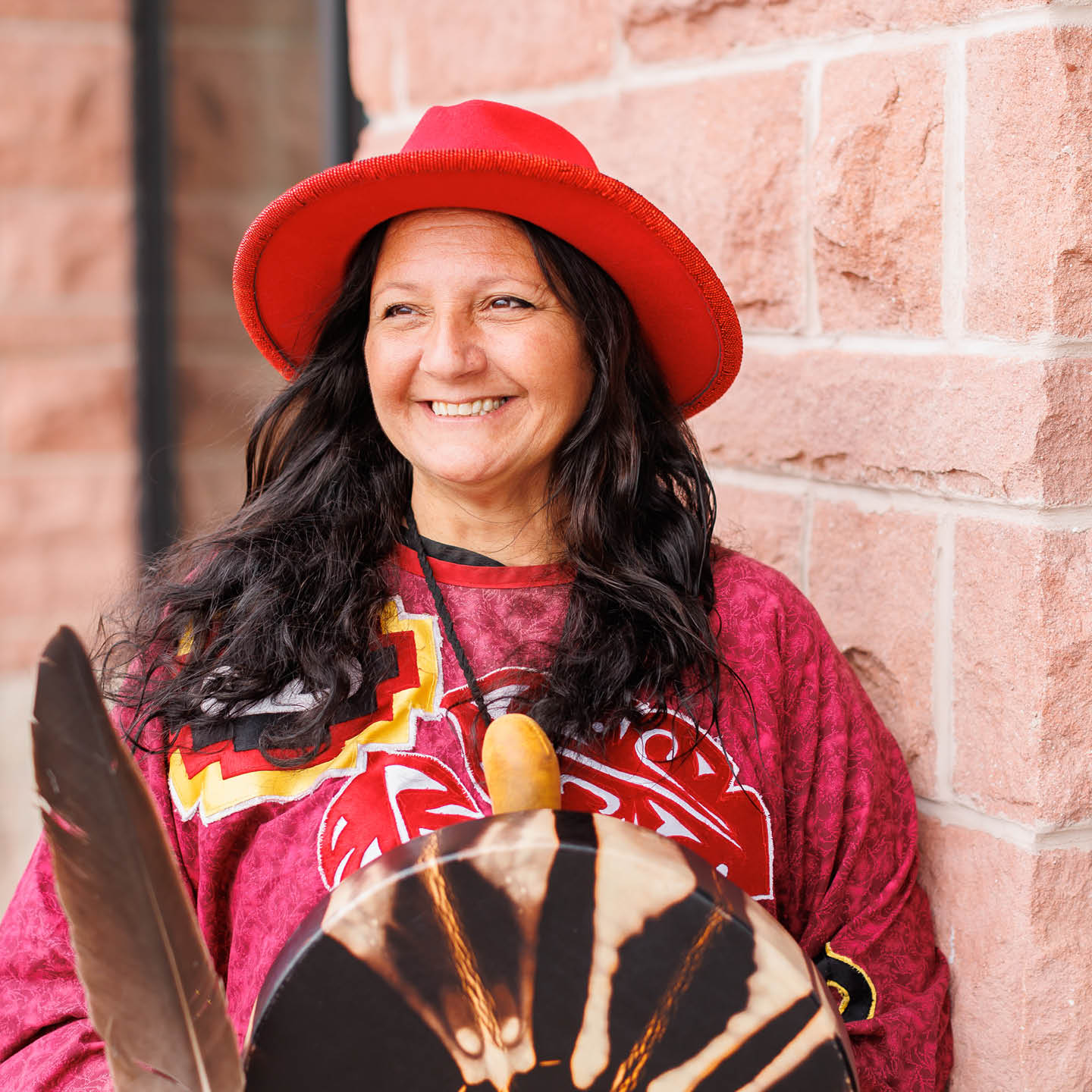
MMIWG2S – The History Before Colonization and After – A Mi’kmaq View
Facilitated by Jullie Pellissier-Lush
Workshop Description: Learn about our traditional role as women in our communities traditionally compared to after colonization! This presentation will be filled with information, drumming, stories and poetry to learn more of our resilient history and why we need to continue to fight for our future generations of women, girls and two spirited.
Julie Pellissier-Lush: is a Mi’kmaq storyteller, photographer, actor, drummer, best-selling author, and the first Indigenous Poet Laureate for PEI. Through her books, songs, poetry and other creative pursuits, Julie celebrates and shares the powerful stories of the Mi’kmaq on PEI. Amongst her many accomplishments, Julie helped script the play ‘Mi’kmaq Legends’, which has been performed countless times over the past 12 years across the Island. At her essence, Julie is a cultural teacher and knowledge keeper. She finds inspiration from her elders, as they bravely share their stories, and from today’s courageous youth who are embracing and celebrating their rich culture. Her five children serve as her greatest inspiration and enduring reason for getting up each day to teach, sing, and create in celebration of her Mi’kmaw roots. The multi-talented, heart-centred artist’s contributions to the Mi’kmaw community and PEI have not gone unnoticed. She is the recipient of the Queens Diamond and Platinum Jubilee Medal, the Meritorious Service Medal, and the Senators 150 Medal.
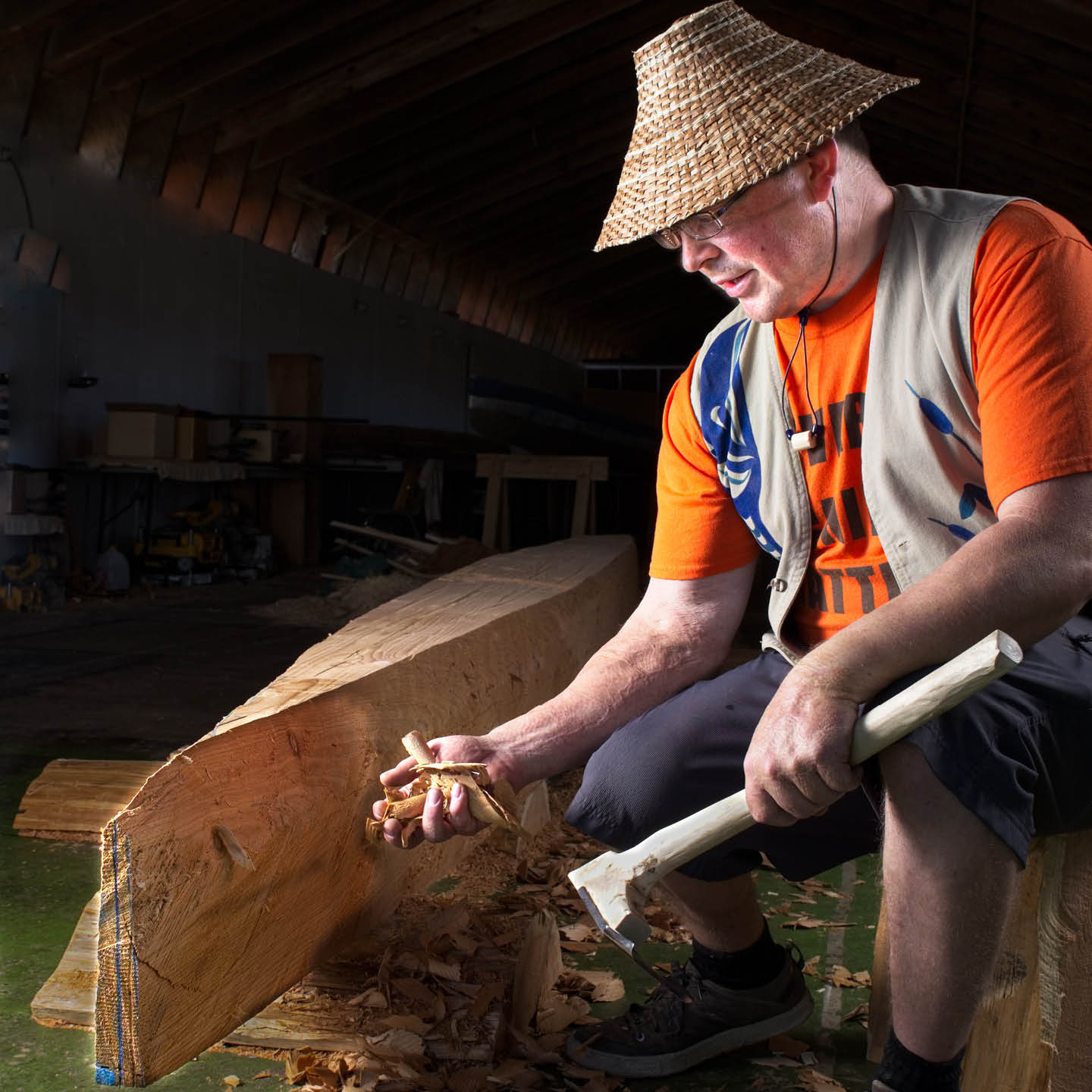
Harmony in Circle
Facilitated by Beau Wagner
Workshop Description:
Cedar holds power, remembering every word and every good feeling around them. It carries these in the grain of the wood to a new time and space. Today we invite you to bring this ceremony into circle. In this workshop we are going to be focusing on Coast Salish art, the good feelings that go into it, and it’s source on the Land. Each participant will get the chance to learn about Salishan artistic elements and paint their own set of clappers to take home with them. Clappers are an ancient instrument used to physically remove all bad energies from the air and all things. They are a way to cleanse through vibrations. When clapping them together, the good feelings imbued in the clappers spreads. They are used to connect with each other and the world around us, embodying good feelings in the collective. When used in a group they bring the group closer. When we share collective good feelings, those good feelings become infectious causing a ripple effect in the community echoing from one circle to another. Elders have explained that when we share our good feelings with others, that joy and kindness carry power. This has a sacred purpose. When we are in need, when we struggle, those joyful memories give us strength during times of turmoil or stress. Using music and good feelings mixed with stories is a way to embody these teachings echoing love, joy, kindness and belonging from one generation to the next.
Beau Wagner: is a Coast Salish canoe carver and artist. He apprenticed under Stz’uminus Elder and Master Carver ShYa’QuThut (Elmer Sampson) and has been carving for over 30 years. As a descendant of residential school survivors, Beau has faced many challenges caused by generational trauma. When he met his teacher, ShYa’QuThut, he found love, belonging, joy and kindness for the first time in his life. Through his apprenticeship, Beau was able to heal and focus on his gifts. Inspired by his teacher ShYa’QuThut’s wish that his traditional teachings could be passed on to youths as a way of revitalizing Coast Salish canoe culture and fostering understanding and respect for Coast Salish knowledge, Beau began offering workshops in 2019. Beau walks in two worlds. His art is an embodiment of his teachings, and the snawayalth shared with him daily by his teacher. Beau’s work is in relationship with the Land and with the human and non-human relatives he transforms through it. This sacred way of being is ingrained in his work and in how he lives every day. His connection to culture and his ability to create a safe space for others who are struggling is part of his ability to facilitate healing through art. Beau is an inspiration to many youth who he has taught over the years and he continues to offer his humble support to students of all ages through his artwork, mentorship and workshops.



A Collective Story Harvest
Facilitated by Wraven Papik & Stephanie Papik
Join us for this engaging collective story harvest. Learn through story telling and targeted listening, practical tips, approaches, key phrases people can use to help normalize conversations towards ending violence towards women, children and those on the gender continuum.
Wraven Papik: Wraven is a certified life coach currently working as an Outreach Worker for local nations. They are two-spirited 24 year old Inuk and Dene from the NWT currently living on the Unceded Territories of the Lekwungen and SENCOTEN speaking peoples. Their work primarily focuses on holistic maintenance of the self in relationship to the Land, the People, and Spirit.
Stephanie Papik: Of Inuit and European ancestry, Stephanie is a Director at the Moose Hide Campaign, a campaign that calls upon Canadians to take a stand against violence towards women and children and take practical steps for reconciliation. Stephanie has worked in the BC Public Service for the last 17 years; including six years as the Program Lead of the Indigenous Youth Internship Program, winning the Public Sector BC Workplace Inclusion Award during her leadership. In 2017, Stephanie was appointed to the Office of the Premier, where she shaped the Collaborative Stewardship Framework enabling Indigenous knowledge to enhance natural resource decision-making. In 2018, she took on the role of Director for Cultural Safety at Emergency Management BC supporting First Nations response through record-breaking seasons of fires and floods.
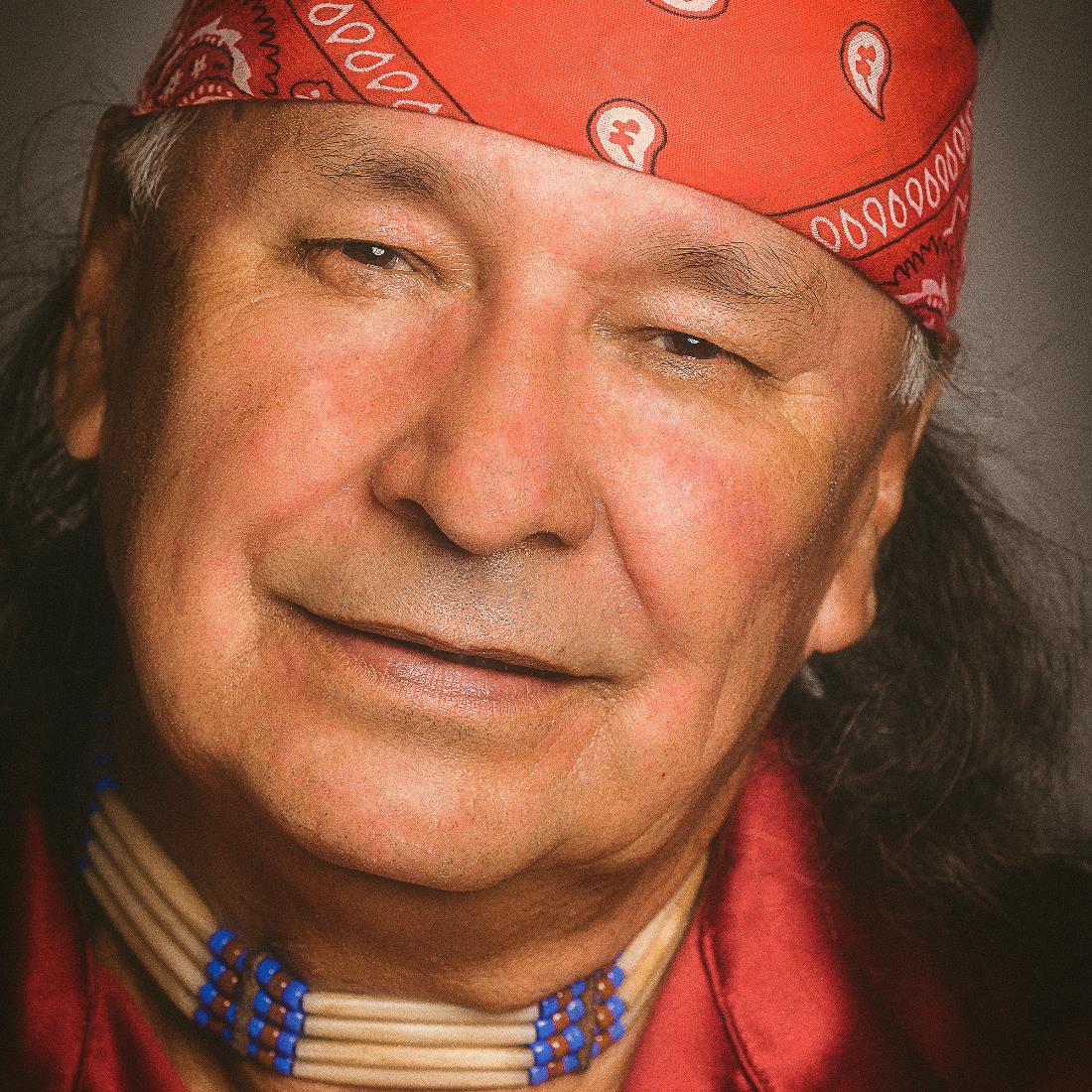
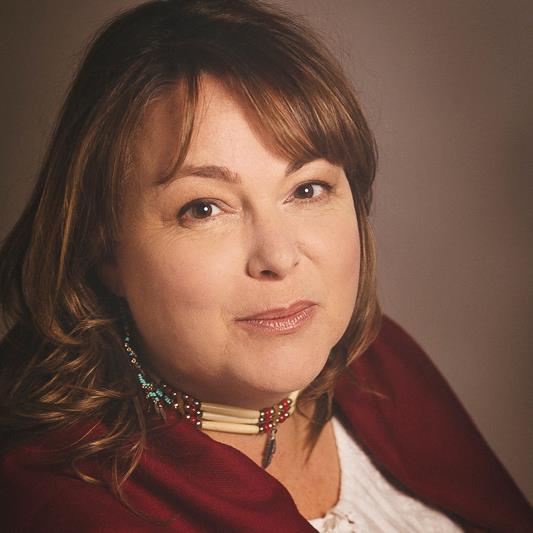
Mino Matisi8in – La philosophie du bien-être selon les Algonquins
Facilitée par Dominique Rankin & Marie-Josée Tardif
Description de l’atelier: L’expression Mino Matisi8in (prononcer Matisiwin) fait référence au bien-être et au bien-vivre dans la langue des Anicinapek, c’est-à-dire des Algonquins du Canada. Comment l’atteindre ? C’est ce que nous confie grand-père T8aminik dans cette conférence basée sur la roue de médecine et les sept enseignements sacrés. Survivant des pensionnats indiens, cet ancien grand chef de la nation algonquine est un exemple éloquent de résilience et de joie de vivre. Accompagnez-le dans un voyage au cœur de la forêt boréale canadienne. Laissez-vous bercer par les chansons et les paroles de sagesse d’une tradition précieuse. Et par des enseignements philosophiques simples et profonds, pour mieux comprendre et accepter les hauts et les bas de la vie, et pour trouver l’harmonie en soi et dans la nature.
T8aminik (Dominique) Rankin: Grand-père T8aminik (c’est ainsi qu’on écrit le prénom Dominique en algonquin) est né dans les forêts du nord de l’Abitibi, au sein d’une famille qui avait réussi jusque là à préserver le mode de vie nomade de ses ancêtres. Dès l’âge de 7 ans, il fut désigné pour prendre la succession de son père à titre de chef héréditaire.
Dans la tradition, le rôle de chef devait nécessairement s’accompagner de celui d’homme-médecine. C’est ainsi que dès sa plus jeune enfance, il fut placé sur un long chemin d’apprentissages et d’initiations auprès des aînés de sa communauté, mais aussi auprès de différents guides reconnus au pays, notamment le regretté William Commanda, dont il fut le bras droit pendant de nombreuses années. En 2006, Grand-père T8aminik est à son tour devenu un aîné pleinement reconnu par ses pairs. De son vrai nom Kapiteotak (“Celui qu’on entend pleurer de loin”), il se consacre désormais au rôle d’enseignant et de leader spirituel auquel on le destinait.
Survivant de la terrible époque des Pensionnats indiens, il livre un vibrant témoignage sur le pardon et la réconciliation dans On nous appelait les Sauvages (They called us Savages, dans sa version en langue anglaise), écrit par Marie-Josée Tardif.
Membre de l’Ordre du Canada, Chevalier de l’Ordre national du Québec (les plus hautes distinctions du Canada et du Québec), récipiendaire des médailles du Lieutenant-Gouverneur du Québec, de l’Assemblée nationale du Québec et du Jubilée de diamant de la Reine Élizabeth, T8aminik est reconnu pour son engagement à faire connaître la culture et la philosophie autochtones, tant au Canada qu’ailleurs dans le monde. Il siège notamment comme co-président au Conseil mondial de Religions for Peace (une organisation liée à l’ONU) et agit à titre de Sénateur pour les Centres d’amitié autochtones du Canada.
Autrefois grand chef politique de la nation algonquine, il a fondé avec Marie-Josée Tardif l’Organisme Kina8at et la Fondation Dominique Rankin.
Marie-Josée Tardif: Pendant les 15 premières années de sa vie professionnelle, Marie-Josée s’est fait connaître à titre de journaliste et chef d’antenne dans les chaînes de télé et de radio nationales (Radio-Canada, RDI, LCN, Radio Rock-Détente). Elle a principalement oeuvré au Québec, mais aussi en Saskatchewan, au Manitoba et en Grande-Bretagne.
En 2007 sa vie bascule quand les aînés algonquins lui remettent un calumet. (Elle en recevra un deuxième en 2015). Il s’agit là d’une grande marque de respect et de reconnaissance, qui implique toutefois de s’engager sur un long chemin d’apprentissage de la langue, la philosophie et la médecine traditionnelle de ce peuple millénaire. Voilà pourquoi Marie-Josée enseigne et voyage régulièrement aux côtés de Grand-père T8aminik.
En 2013, elle a cofondé avec T8aminik l’organisme Kina8at, puis la Fondation Dominique Rankin en 2020. Comme T8aminik, elle est également conseillère et formatrice à l’École de la fonction publique canadienne, consultante et formatrice à l’Université Notre-Dame, en Indiana (États-Unis). Elle siège au Conseil mondial du Religions for Peace Women of Faith Network, de même qu’au comité Ethics in Action, créé par le Vatican afin de développer un consensus moral inter-religieux sur les grands défis du développement durable intégral.
Marie-Josée est l’auteure de On nous appelait les Sauvages (Éditions Le Jour, 2011) et de La Leçon de Sitar ou l’Art de vibrer de toutes ses cordes (Éditions du Roseau, 2007).
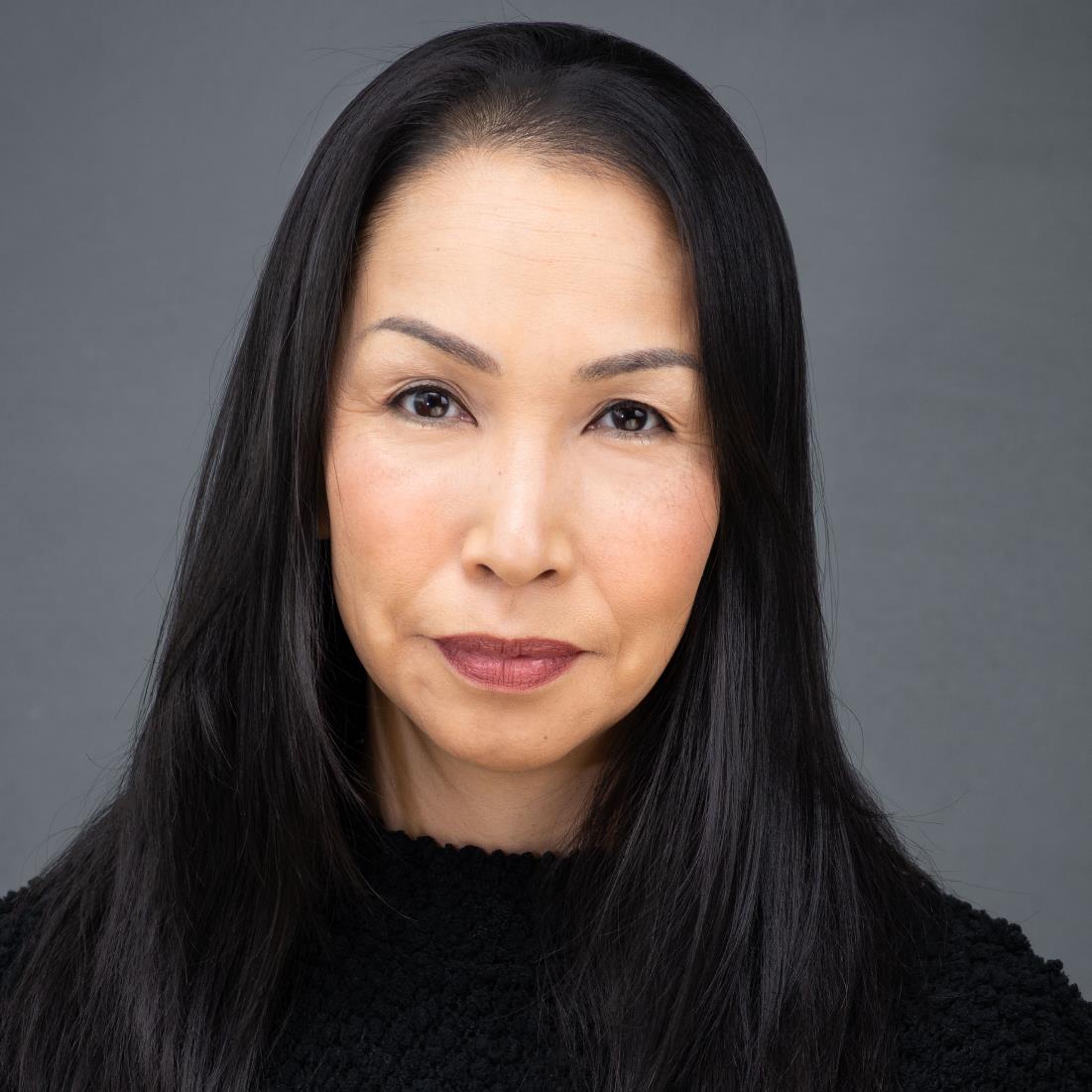
Cultivating Safe Spaces
Facilitated by Elaine Alec
Workshop Description: Cultivating Safe Spaces (CSS) was developed in 2019 by Elaine Alec and she hosted her first workshop February 2020. Since then she has delivered this training and presentation to over 300 groups and over 10,000 people worldwide. The framework includes 3 areas of understanding to support cultivating safe spaces: the four necessary conditions for cultivating safe spaces, the four protocols for cultivating safe spaces, and understanding the four perspectives for cultivating safe spaces.
Elaine Alec: is from the Syilx (Okanagan) Nation and Secwepemc (Shuswap) Nation and is a member of the Penticton Indian Band in the Interior of British Columbia. She has been a political advisor, Chief of Staff for the British Columbia Assembly of First Nations, Community Planner for her own First Nation, employee for the Province of BC and Federal Government and Entrepreneur. Elaine has spent over 20 years in over 100 communities across Canada to promote healing and wellness. She is the CEO and Founder of Naqsmist Storytellers Inc. Elaine is a first-time author of “Calling My Spirit Back” a memoir about growing up as an Indigenous girl in Canada and the impacts of colonization. It also provides Indigenous knowledge, teachings on how to cultivate safe spaces for diversity and inclusion.
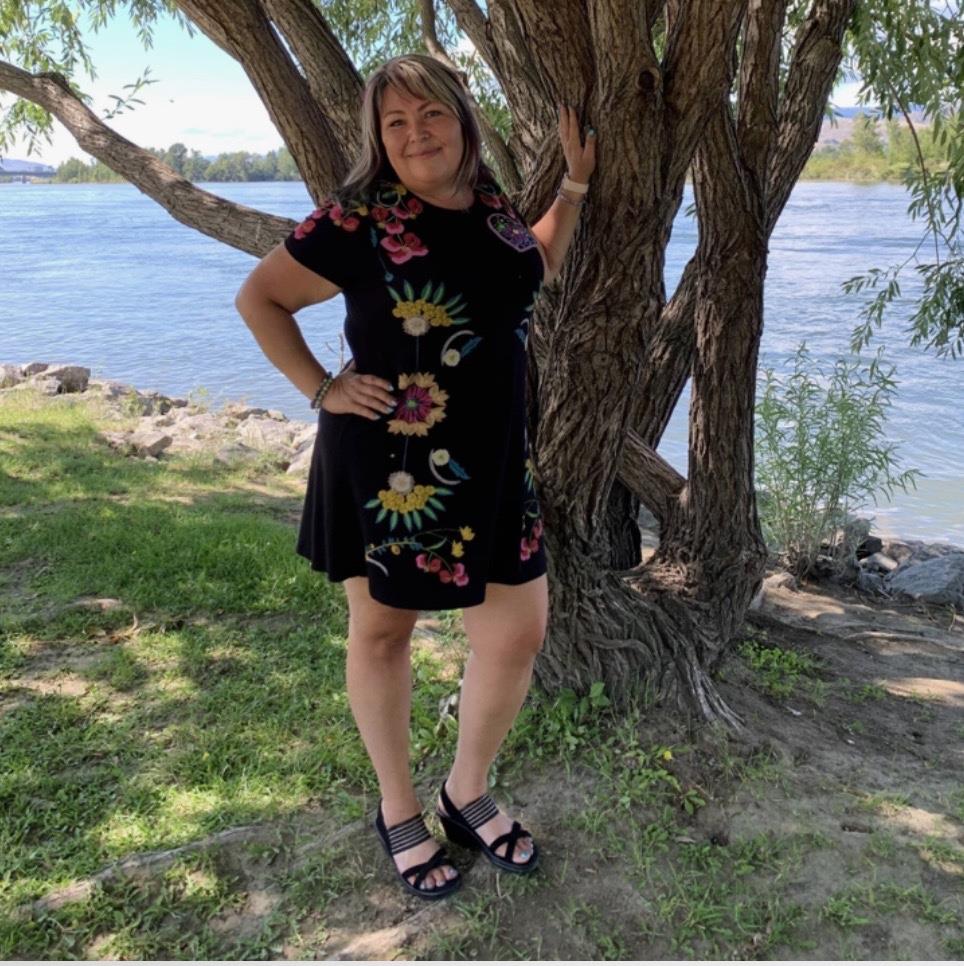
Lateral kindness and trauma informed lens on lateral violence
Facilitated by Victoria Pruden
Workshop Description: Exploring Lateral Kindness as an antidote to Lateral Violence in our lives, work and relationships. We will focus on tapping into your empathy, compassion, and kindness. Explore nurturing your gentleness in difficult situations. Participants will participate in an experiential “kindness exchange” which always proves to be powerful and transforming.

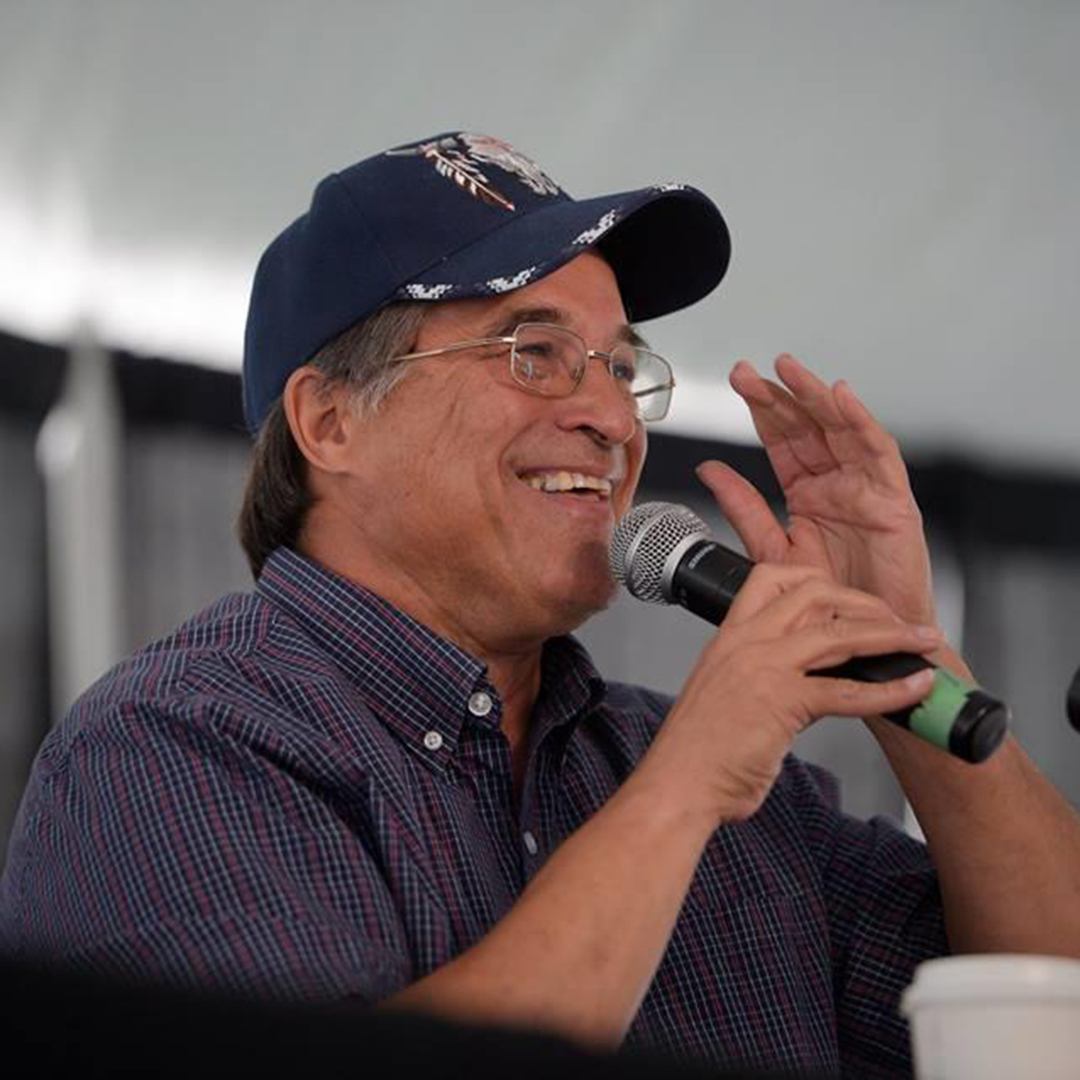
The Physical and Spiritual Benefits of Fasting
Facilitated by Dr. Lee. Brown
Workshop Description: This workshop will explore the elements of spiritual and health fasting. Principles of healing surrounding the fasting process will be discussed in relationship to the four doorways of health and healing. The goals of fasting in relationship to our spiritual path will be presented in the context of the need to reduce violence in our communities.
Dr. Lee Brown: is the former Director of the Institute of Aboriginal Health in the College of Health Disciplines at the University of British Columbia. He was also the Director of the Indigenous Doctoral Program in the Department of Educational Studies at UBC. Lee’s Doctoral Thesis is entitled Making the Classroom a Healthy Place: The Development of Affective Competency in Aboriginal Pedagogy. He is the co-author of The Sacred Tree, an educational curriculum based on the Aboriginal values and epistemology of the Medicine Wheel. Lee has contributed to the Round Lake Native Healing Centre in Vernon, BC, during the last Forty years in a number of capacities, including clinical supervisor, counsellor and currently as a cultural resource to the centre. Lee is a Cherokee and belongs to the Wolf Clan.

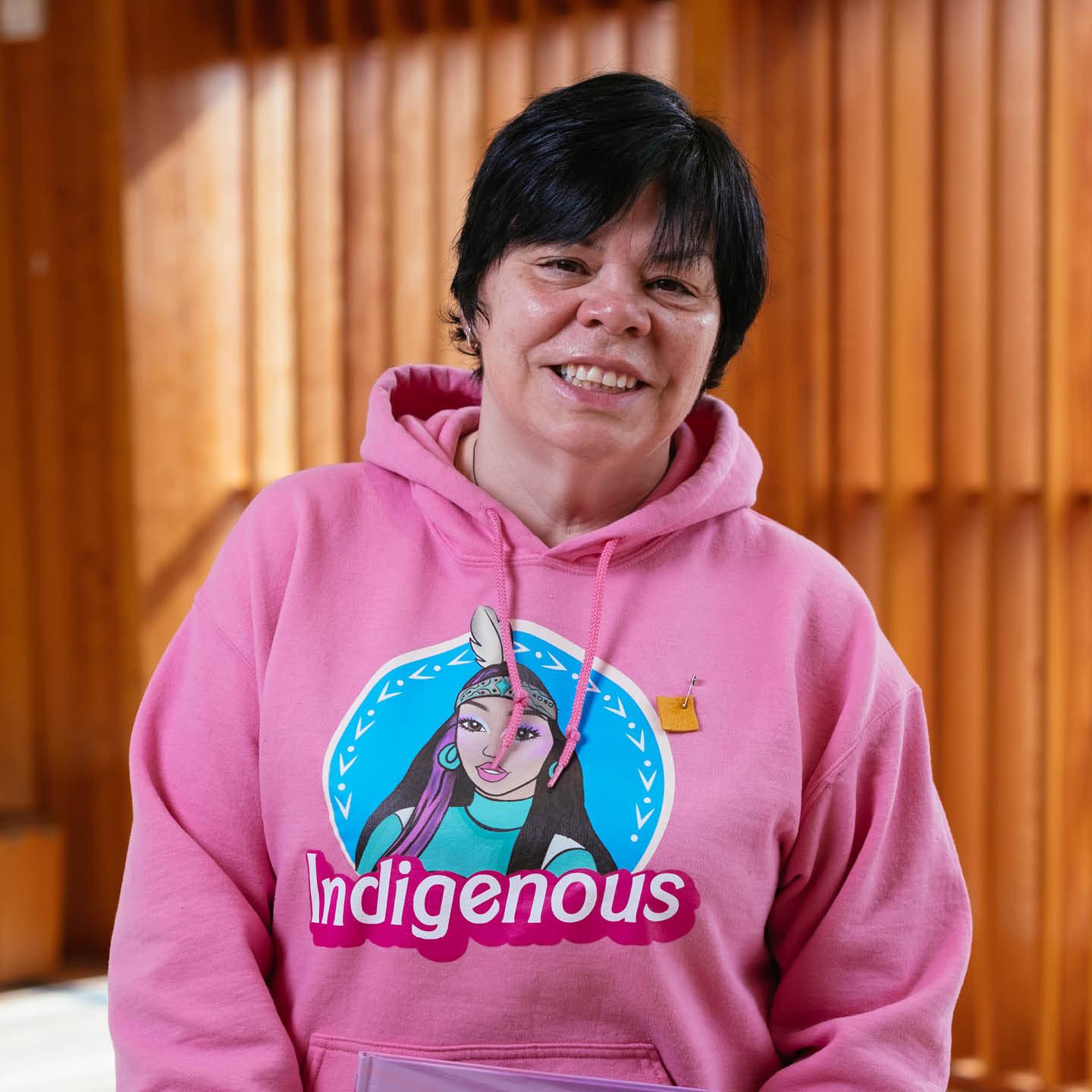
Embracing Diversity: A Journey with “Phoenix Gets Greater”
Facilitated by Marty Wilson
Bio: Join us for a reading and conversation about the picture book “Phoenix gets greater”. This beautiful story is written by Marty Wilson Trudeau and her son Phoenix. The story and conversation highlights Two-Spirit identity and how important it is to walk with love and acceptance for everyone.
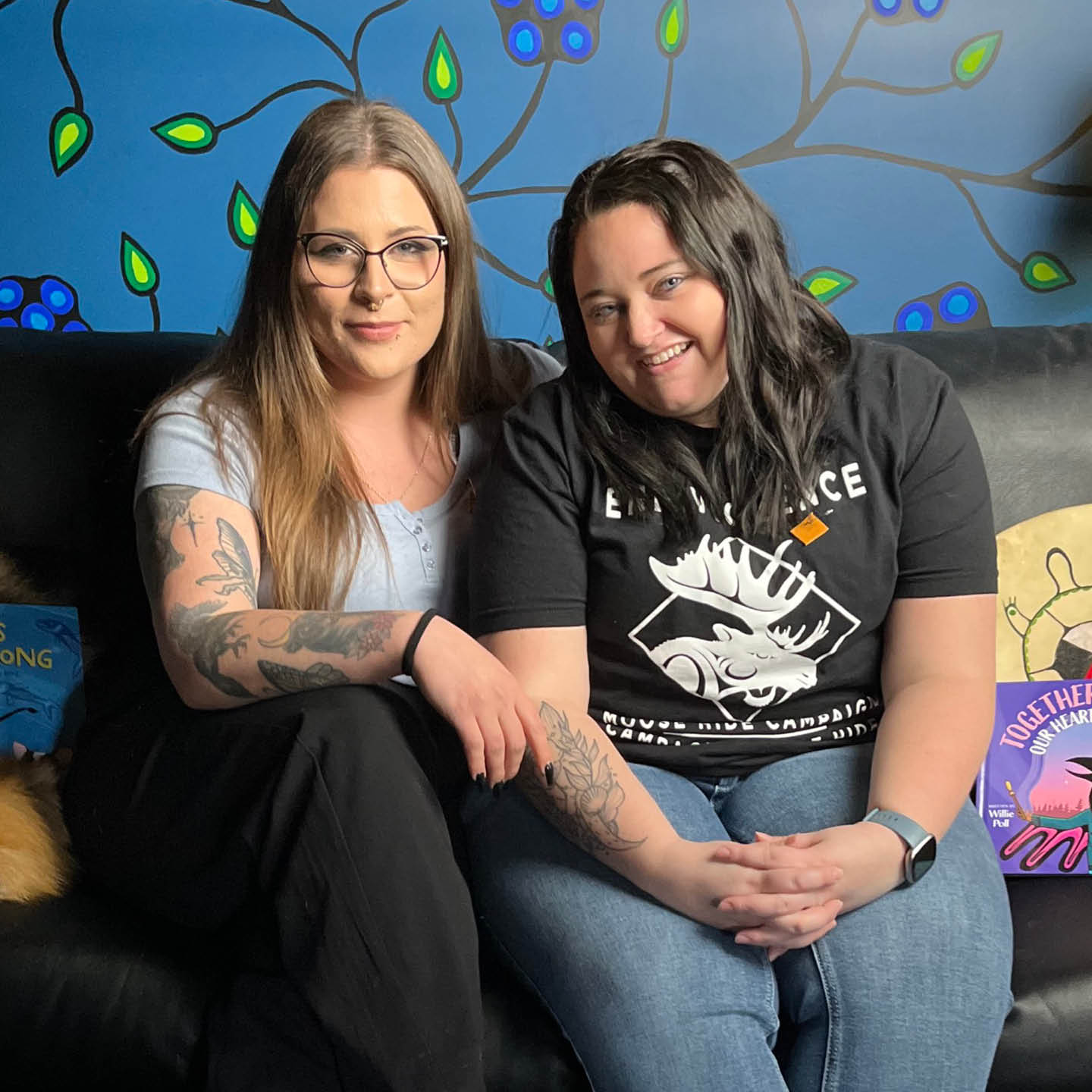
“Together We Drum, Our Hearts Beat as One” – A Journey of Strength and Matriarchs
Facilitated by Chief Lady Bird & Willie Poll
Bio: Join us for a reading and conversation about the picture book “Together we drum, our hearts beat as one” with author Willie Poll and illustrator Chief Lady Bird. Join us as they speak about the power of matriarchs, the drum, and joining together to make Turtle Island safer for all.
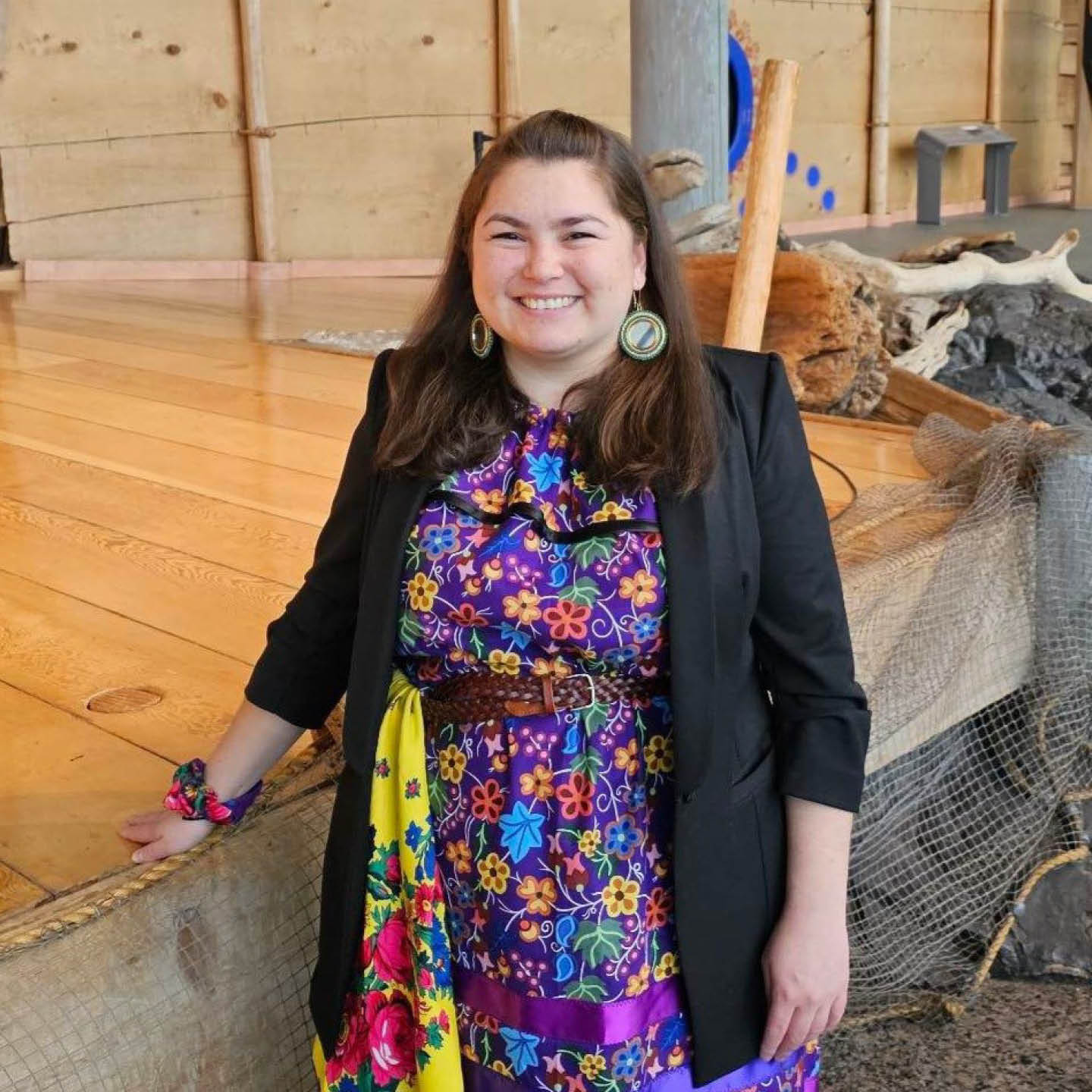
Exploring Language, and Indigeneity
Facilitated by Paula MacDonald
Bio: Join us in welcoming Paula MacDonald. Paula is a Cree deaf woman from Treaty 4 territory. MacDonald is a national youth representative for the Deaf Indigenous of Canada committee and the Canadian Association of the Deaf, where she is dedicated to improving accessibility to services for the deaf. Join Paula as she speaks about deaf culture and teaches us how to sign the words for Moose Hide Campaign!
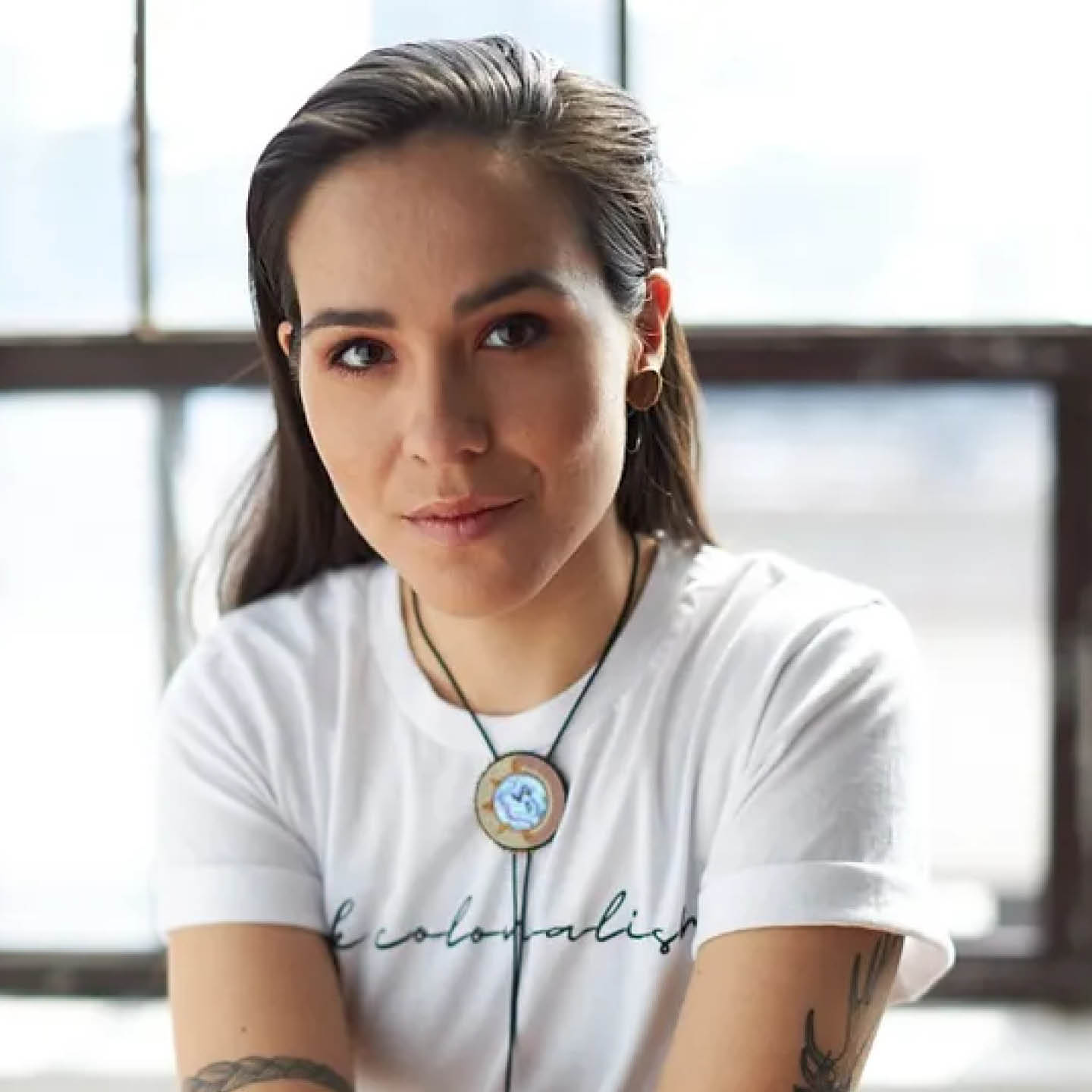
“FLUFFY AND THE STARS” – A CONVERSATION AROUND BIG FEELINGS AND HOW TO MANAGE THEM
Facilitated by T’áncháy Redvers
Bio: T’áncháy Redvers [they/them] is a Dene & Métis two-spirit writer, creator, speaker and multidisciplinary performer belonging to Deninu K’ue First Nation in Treaty 8 territory. With a background in international and community development, youth empowerment, mental health advocacy, and creative facilitation, they have been nationally and internationally recognized for their work and advocacy. At the age of 21, T’áncháy and their brother, Kelvin, founded We Matter – a national Indigenous-led campaign and non-profit dedicated to Indigenous youth hope and life promotion. We Matter has become an international model for Indigenous youth life promotion efforts, garnering the Redvers siblings the Lawson Foundation’s Emerging Leaders Award and a Governor General’s Meritorious Service Medal. Join them as they read from their book “Fluffy and the stars” and help young ones learn about processing big feelings.


Cultivating Healthy Relationships
Facilitated by Kairyn Potts
Bio: Kairyn (Kai) Potts (he/him) is proudly Nakota Sioux from Treaty 6 Territory (Paul Band FN and the Alexis Nakota Sioux Nation). He is a proud Two-Spirit person and Indigenous content creator. As a former board member for 2Spirits in Motion and Youth Suicide Prevention Team representative, he is a passionate advocate who works to improve Indigenous youth’s lives (particularly queer youth and youth in the child and family services system). He was named to Tik Tok’s Global Discover List in 2022 as one of the platform’s top 50 change makers. Join us in hearing his story and his call to action to end gender-based violence.

REPRESENTAITON IN MEDIA
Facilitated by T’áncháy Redvers
Bio: T’áncháy Redvers [they/them] is a Dene & Métis two-spirit writer, creator, speaker and multidisciplinary performer belonging to Deninu K’ue First Nation in Treaty 8 territory. With a background in international and community development, youth empowerment, mental health advocacy, and creative facilitation, they have been nationally and internationally recognized for their work and advocacy. At the age of 21, T’áncháy and their brother, Kelvin, founded We Matter – a national Indigenous-led campaign and non-profit dedicated to Indigenous youth hope and life promotion. We Matter has become an international model for Indigenous youth life promotion efforts, garnering the Redvers siblings the Lawson Foundation’s Emerging Leaders Award and a Governor General’s Meritorious Service Medal. Join them as they discuss Indigenous representation in media and why it is so important to see yourself in stories.
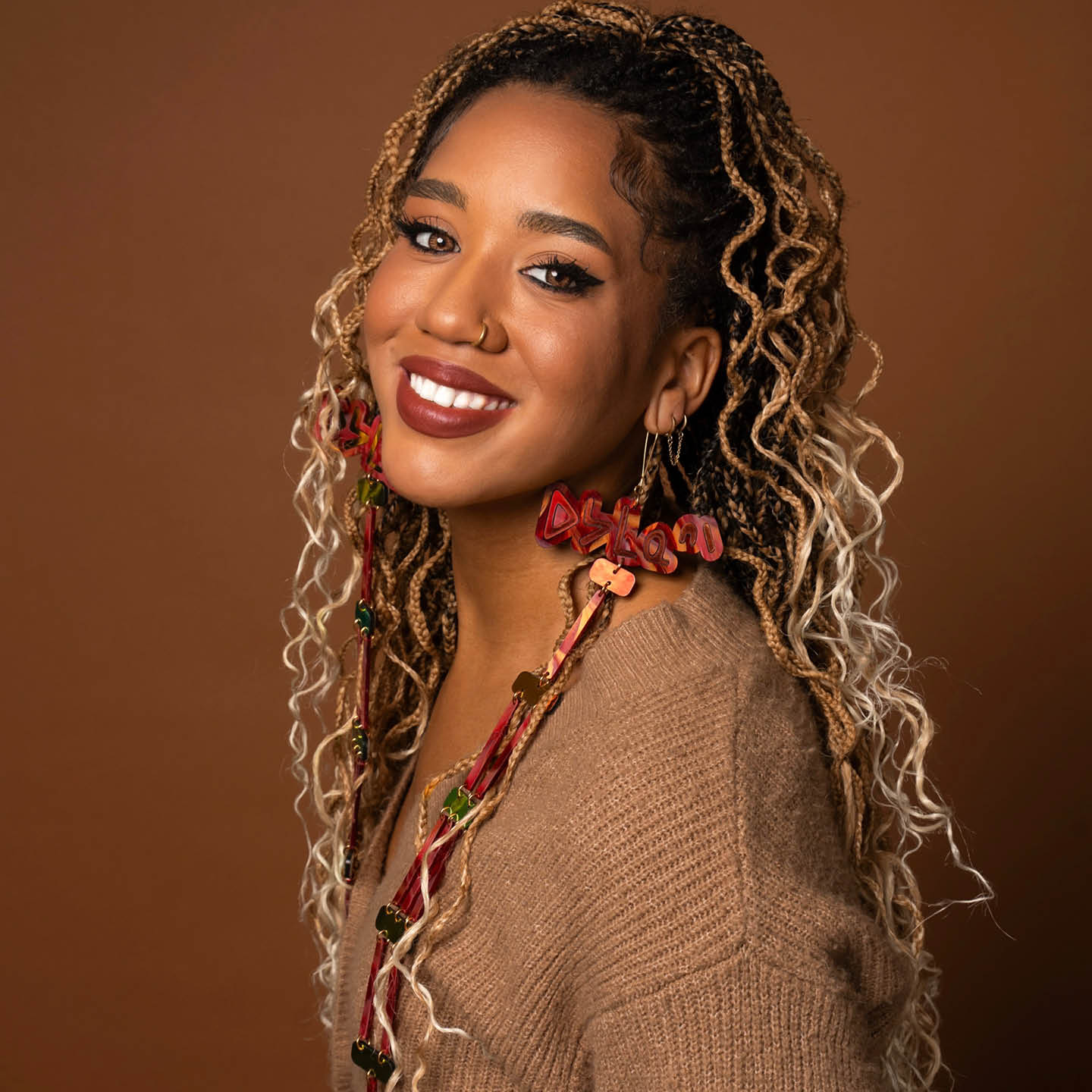
Violence against the land and violence against people
Facilitated by Larissa Crawford
Bio: Larissa Crawford (she/her) proudly passes on Métis and Jamaican ancestry to her daughter, Zyra, and is a published Indigenous, anti-racism, and climate justice researcher, policy advisor, and restorative circle keeper with over 15 years of experience. Larissa is also the Founder of Future Ancestors Services, an Indigenous and Black-owned, youth-led professional services social enterprise that advances climate justice and systemic barrier removal with lenses of anti-racism and ancestral accountability. Join Larissa as we listen to the intersectionality of violence to people and violence to the land and how both impact Indigenous women and gender diverse folks.
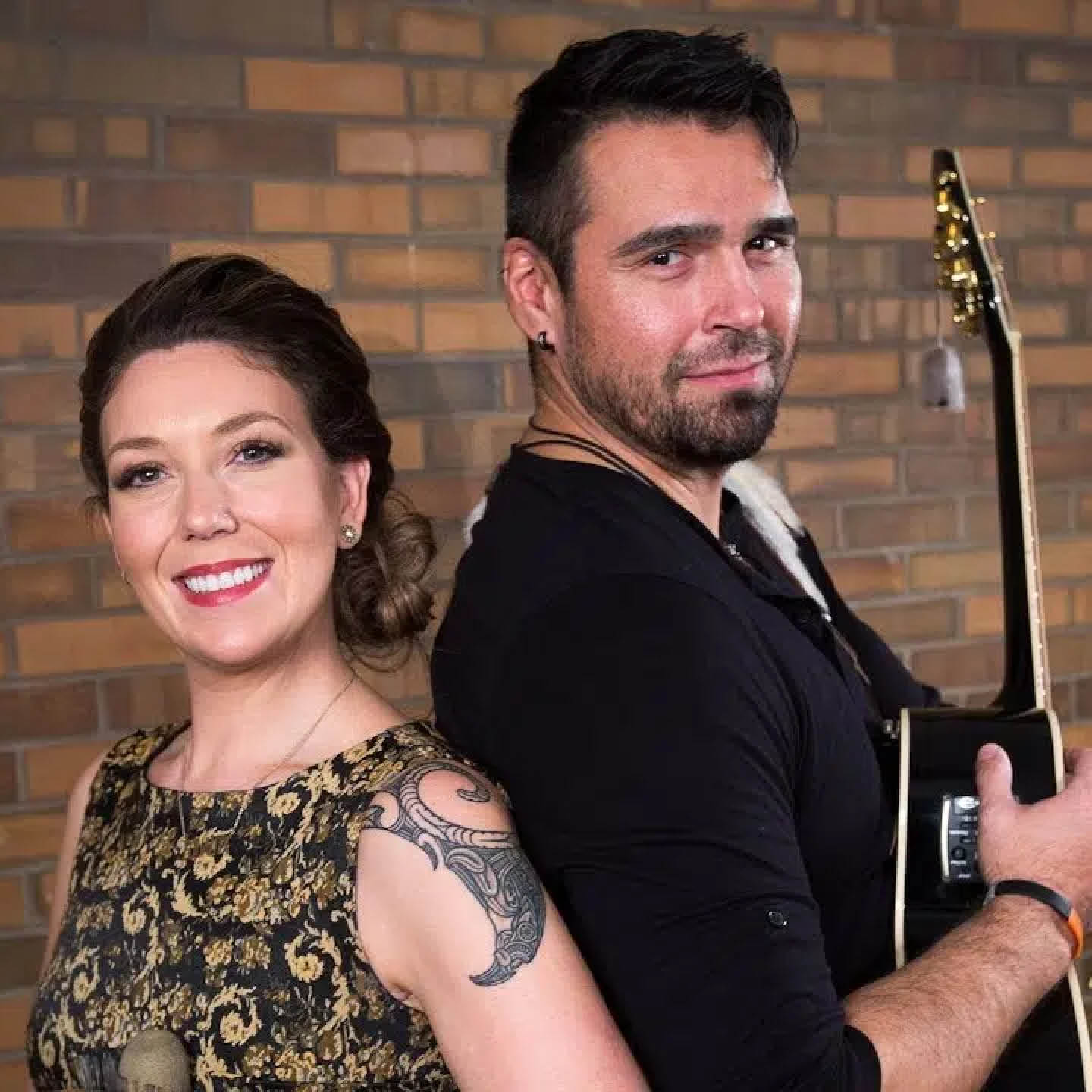
THE POWER OF ADVOCACY IN MUSIC
Facilitated by Twin Flames
Bio: Join award-winning folk music duo Twin Flames, composed of Jaaji and Chelsey June Settler, for an unforgettable series of video workshops that celebrate the rich tapestry of Indigenous cultures and the transformative power of music. Twin Flames will lead three workshops, one in English, one in French, and one inInuttitut. Jaaji, hailing from Nunavik and Kahnawake (Inuk, Mohawk), and Chelsey June Settler, with Algonquin, Métis, and Cree heritage, will share their insights and experiens and delve into the significance of incorporating Indigenous culture within their music, showcasing how music serves as a powerful tool for advocacy and social justice.
available only in French
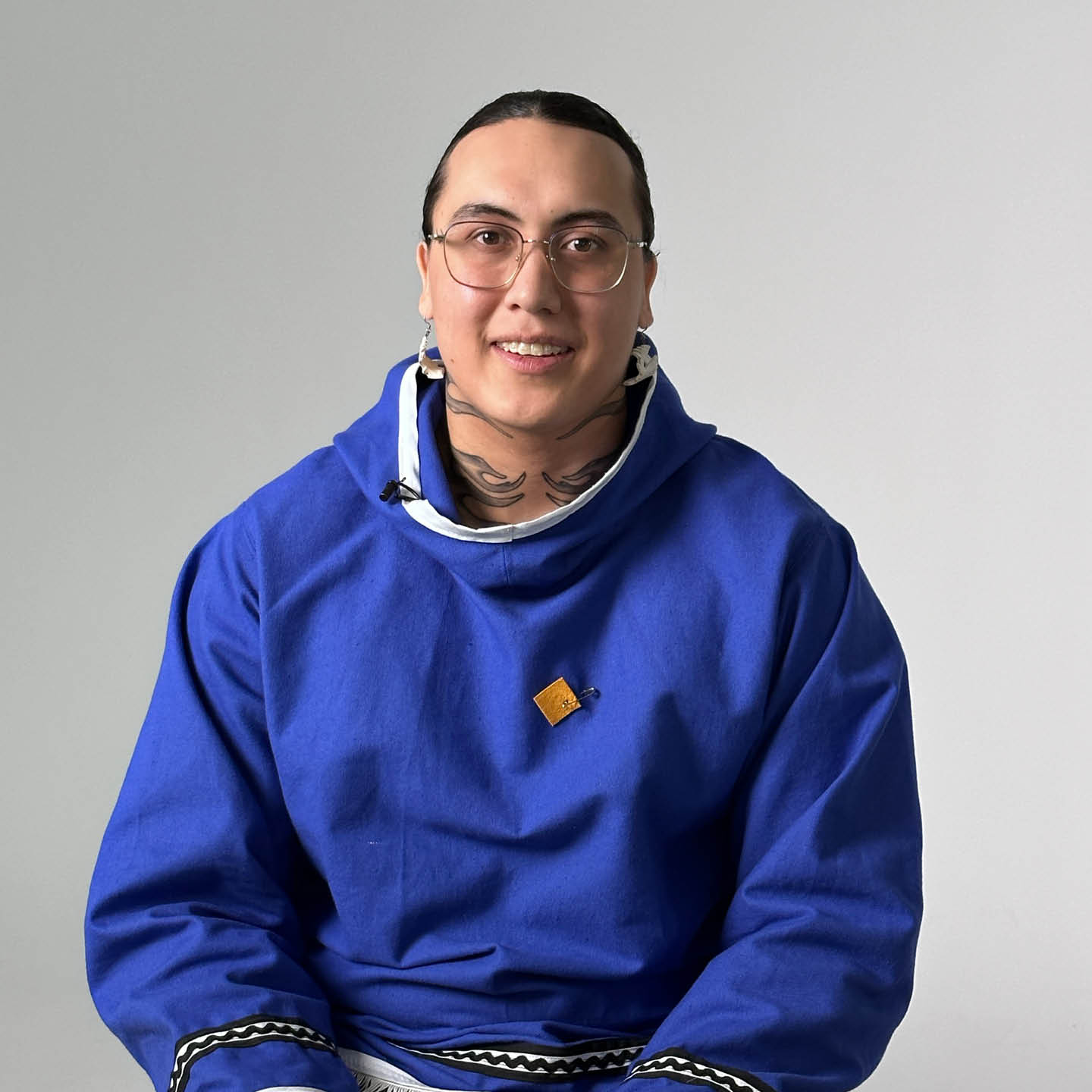
NURTURING MINDS: A WORKSHOP ON MENTAL HEALTH AND GOOD MENTAL HYGIENE
Facilitated by Braden Kadlun Johnston
“Nurturing Minds” is a comprehensive workshop designed to equip participants with the knowledge and tools necessary to cultivate good mental hygiene and prioritize their mental health. Join us as we listen to Braden’s personal experience with mental health and the incredible journey he has had. Born in Yellowknife, NT, and based in Calgary, AB, Johnston’s work in acting and as a social media influencer relays the lived experiences of Indigenous communities, especially Inuit, by celebrating everyday aspects of life while highlighting more difficult topics like addiction and sobriety. Johnston’s content on social media has drawn attention from millions worldwide, prompting the artist’s selection for the 2022 TikTok Accelerator Program.

EXPLORING LANGUAGE AND INDIGENEITY
Facilitated by Paula MacDonald
Join us in welcoming Paula MacDonald. Paula is a Cree deaf woman from Treaty 4 territory. MacDonald is a national youth representative for the Deaf Indigenous of Canada committee and the Canadian Association of the Deaf, where she is dedicated to improving accessibility to services for the deaf. Join Paula as she speaks about deaf culture and her experience as a deaf Indigenous woman.

WAHKOTOWIN; A CREE WORD FOR OUR INTERCONNECTEDNESS WITH THE WORLD AROUND US
Facilitated by Britney Supernault
Britney Supernault (she/they), known as the Cree Nomad, is Otipemisiwak Nehiyaw (Métis Cree) from East Prairie Metis Settlement. An artist, activist, and writer, Britney has spent the last 4 years writing on various topics, from traveling and productivity to contemporary Indigenous Issues and Climate Change. They write full-time and also has a social media platform where they share their life as a writer. Britney just released her debut novel, Hey June. Join Britney as she speaks about her life experiences with climate change and it’s devastating impacts.
